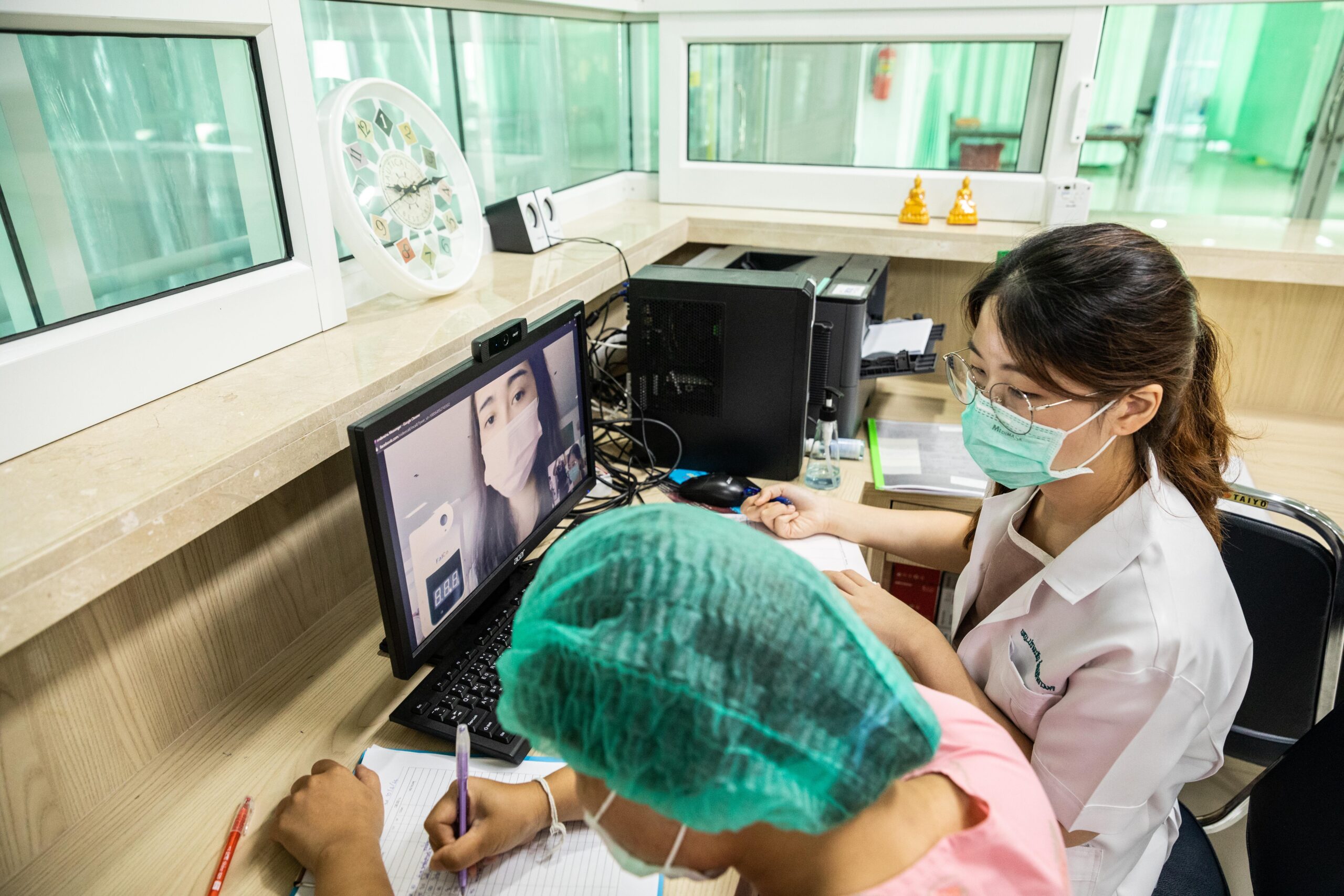Although Africa is the 2nd ranked continent worldwide in terms of population (following Asia), I believe it’s last when it comes to health awareness levels. That is why it is so important to educate people using cost-effective channels such as social media. During my work in the digital marketing field, we have launched multiple health awareness campaigns and digital education projects in Africa, mainly in North Africa and Southern Africa, which impacted millions of peoples’ lives without spending much money.
Why are social media platforms efficient tools in health awareness?
Health awareness can be done using different media channels. However, I believe that social media is the most efficient one for many reasons. Firstly, social media ads allow us to apply specific multifactorial targeting. For example, we can target new moms in South Africa, elderly men in Casablanca, or young people interested in alcoholic drinks in Kenya. Targeting can take place by age group, gender, location, interest, behaviour and other metrics.
Secondly, social media is very cost-effective compared with other above-the-line media such as TV or radio. Moreover, social media provides two-way communication, so we can use instant messaging to educate people by replying to their comments and providing them with custom answers to their questions to make sure they get the correct health information they are asking for. Private messages can be used for sensitive topics such as sexual diseases.
Another advantage that is not achieved via other traditional communication channels is 24/7 patient support. A telephone hotline is an exception, yet it is relatively costly. Social media provides this support either manually via community management teams who reply to the audience as per question and answer reference sheets or automatically via messenger chatbots. Bearing in mind that people already visit social media on a daily basis so there’s no need to have this on a separate digital platform.
Another efficient approach is collaboration with social media influencers. They strongly influence their audience, sometimes more than parents and doctors! Yet they are much more affordable than higher profile celebrities.
Last but not least, social media penetration is showing good growth in many African countries. For example, (as per DataReportal) South African active social media users in Jan 2021 are estimated to be about 42% of the total population with a year-on-year growth of 13.6%. According to the same reference, Moroccan active social media users are estimated to be 59.3% of the total population with annual growth of 22.2%.
What are the top social media channels in Africa?
Facebook, YouTube, Instagram, Twitter, and TikTok are usually the top five – excluding WhatsApp, which cannot currently be used for mass communication. However, the order might change from country to country. The order also varies depending on the target group. For instance, Instagram and TikTok are more widely used by youth while Facebook and YouTube are more mainstream.
What are health topics that can be covered by social media?
The short answer is everything! We can use social media to educate people about signs, symptoms, complications of diseases, prevention and available treatment options. Videos can be used in a demonstrative way, let’s say to show how to do a self-examination for breast cancer or maybe how asthmatic patients can effectively use inhalers. Consider any health topic such as healthy lifestyle, hypertension, diabetes, gastrointestinal problems, infectious diseases, allergy, endocrine problems or vaccination …. anything.
Doctors can be invited to live sessions on Facebook or YouTube to speak about health topics; people can ask questions in the comments and get instant answers through video.
Social media can also be used to fight bad habits, myths, and correct misconceptions. For instance, a super big anti-tobacco campaign is currently running in Egypt on Facebook, YouTube, Instagram, and TikTok, sponsored by the World Health Organisation (WHO) and the Egyptian Ministry of Health to spread awareness about smoking hazards, help smokers quit smoking and to fight the myth of the safety of e-cigarettes.
Amid the Covid-19 pandemic, multiple campaigns have been launched to educate people about social distancing and safety measures. It’s worth mentioning that social media platforms such as Facebook and YouTube have set up regulations restricting ads around Covid-19 unless certain conditions are fulfilled to avoid any misinformation or false claiming.
Who is responsible for health awareness campaigns?
Funders are usually the big pharmaceutical companies that launch such initiatives as a part of their corporate social responsibility. Governmental health authorities allocate budgets for health campaigns too, while in some cases, campaigns are sponsored by non-governmental organisations such as WHO. Regarding the medical content, it’s usually supplied by trusted reputable sources such as medical societies, health organisations, institutes, publishers, and academies.
That’s why I see that social media should be included as a main channel of communication in any health awareness campaign in Africa. It’s all about choosing the best platform, accurate targeting, speaking the right language, choosing the correct message with a call to action and properly responding to the audience.

